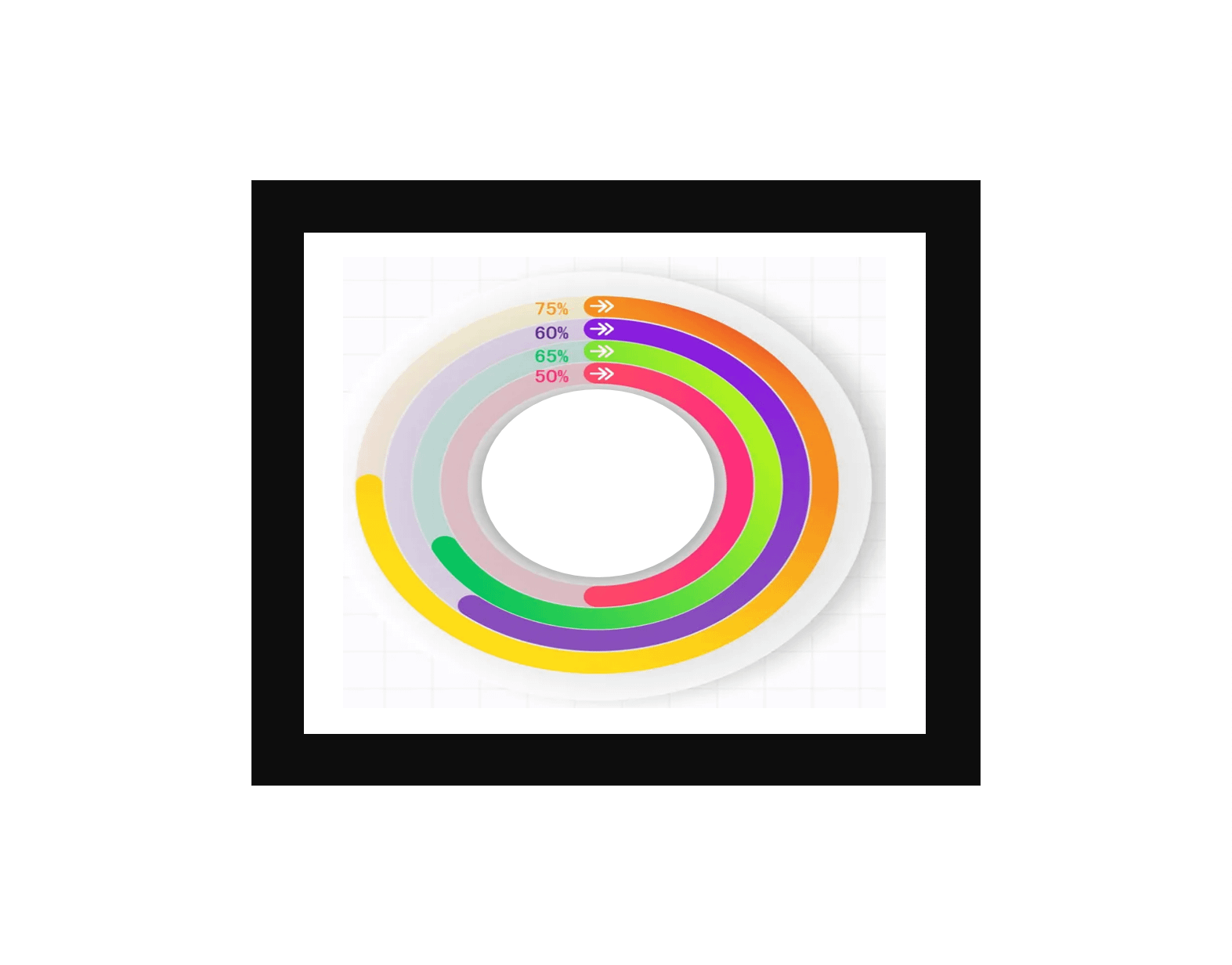BUSINESS TRACKER
A business tracker typically refers to a tool or system used to monitor and manage various aspects of a business's performance, operations, or projects. It helps organizations keep track of key metrics, goals, and activities to ensure efficient and effective management.
There are different types of business trackers, each designed to monitor specific aspects of business operations. Some common types include:
Project Tracker: Monitors the progress of projects, including milestones, tasks, deadlines, and resource allocation.
Sales Tracker: Keeps track of sales activities, revenue, and customer interactions. It may include features like lead tracking, sales pipeline management, and performance analytics.
Expense Tracker: Helps manage and monitor business expenses, including budget tracking, expense approvals, and reimbursement processes.
Employee Performance Tracker: Monitors employee performance through key performance indicators (KPIs), goals, and evaluations.
Financial Tracker: Tracks financial metrics and transactions, including budgeting, cash flow, and financial statements.
Inventory Tracker: Manages and monitors inventory levels, restocking needs, and product movement.
Task Tracker: Helps teams keep track of tasks, deadlines, and progress on various projects.
Customer Relationship Management (CRM) System: Tracks customer interactions, sales leads, and customer satisfaction to improve customer relationships.
Business trackers can be manual or automated, and they may be part of larger enterprise resource planning (ERP) systems or standalone applications. The goal is to provide real-time insights, improve decision-making, and enhance overall business performance.
Thank you for reading from WBVR
